
下载亿题库APP
联系电话:400-660-1360

下载亿题库APP
联系电话:400-660-1360

请谨慎保管和记忆你的密码,以免泄露和丢失

请谨慎保管和记忆你的密码,以免泄露和丢失
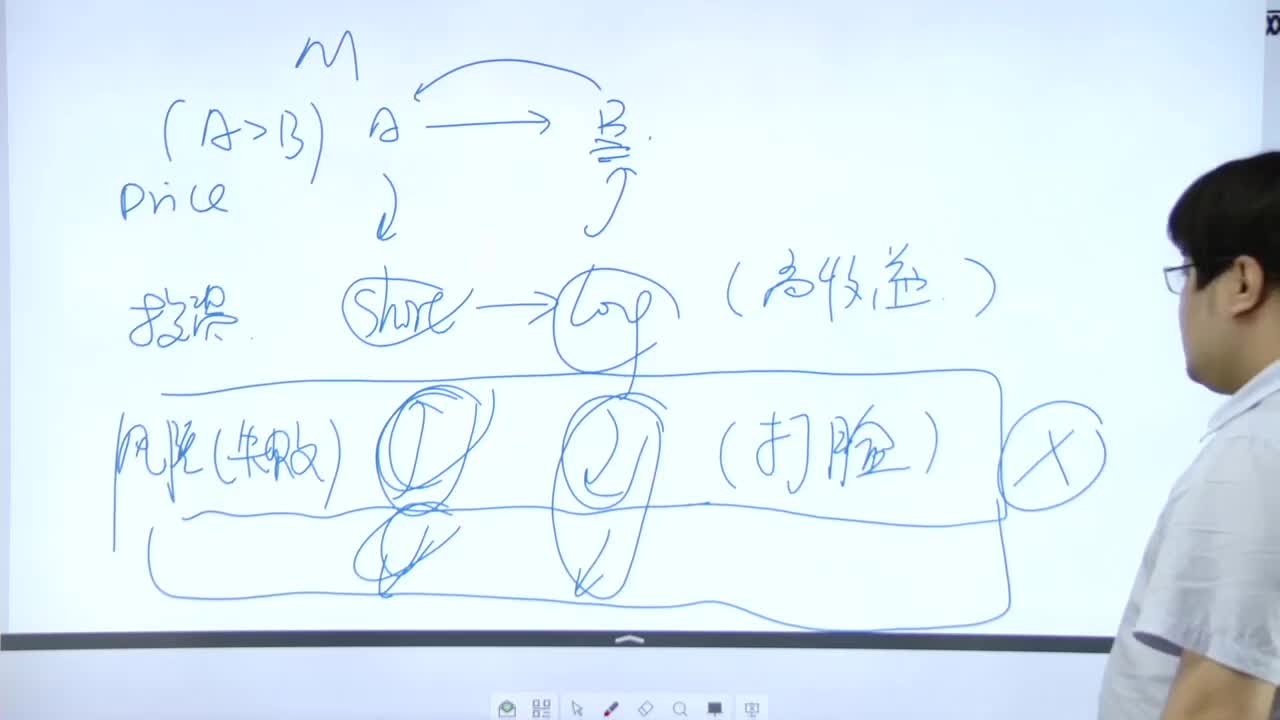 11:30
11:30What is relative value strategy?:What is relative value strategy?
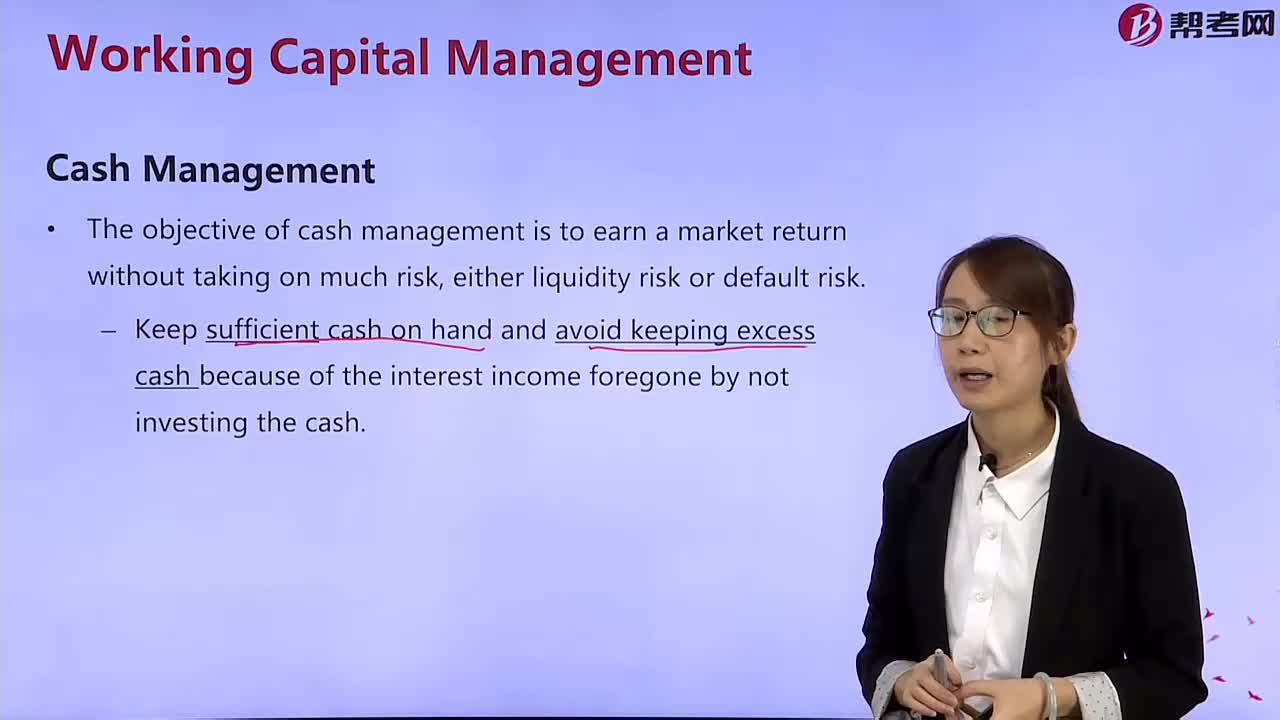 06:55
06:55What is cash management?:What is cash management?
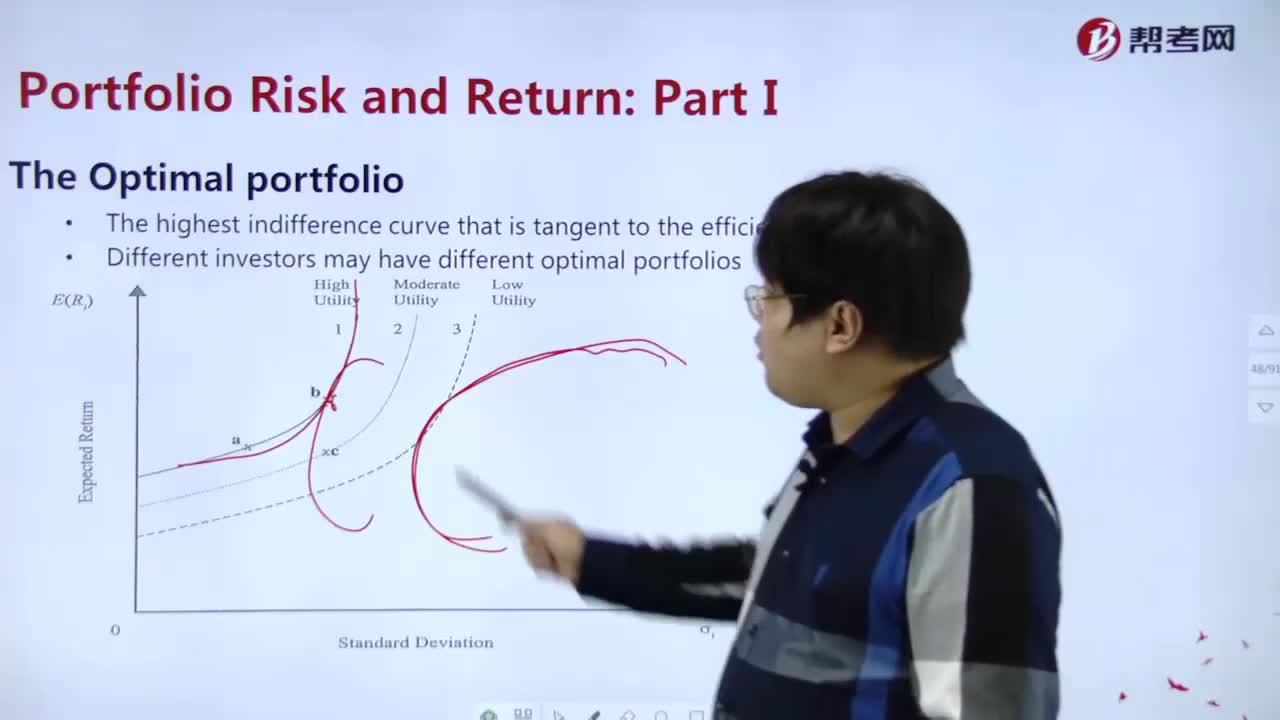 01:12
01:12What is the optimal portfolio?:What is the optimal portfolio?
 01:15
01:15What is pooled investments?:What is pooled investments?
 04:41
04:41What is a cash dividend?:What is a cash dividend?
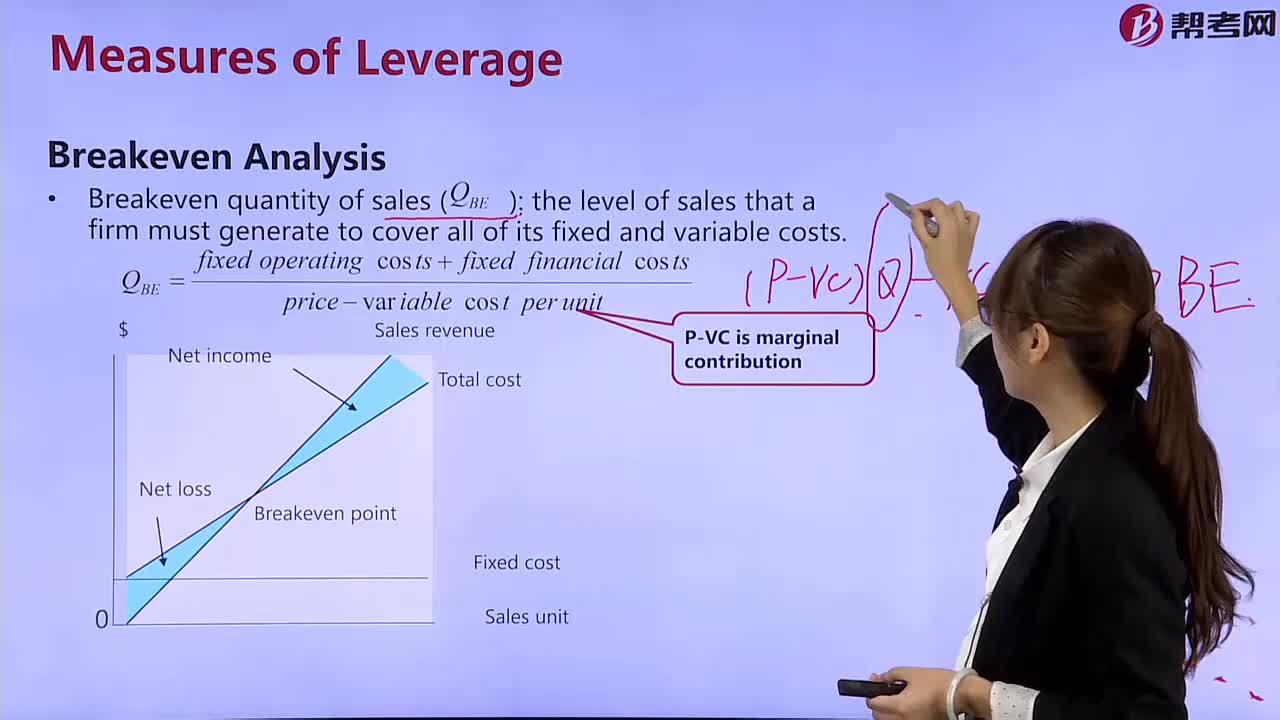 04:58
04:58What is breakeven point?:What is breakeven point?
 03:37
03:37What is risk measurement?:What is risk measurement?
 01:02
01:02What is risk governance?:What is risk governance?
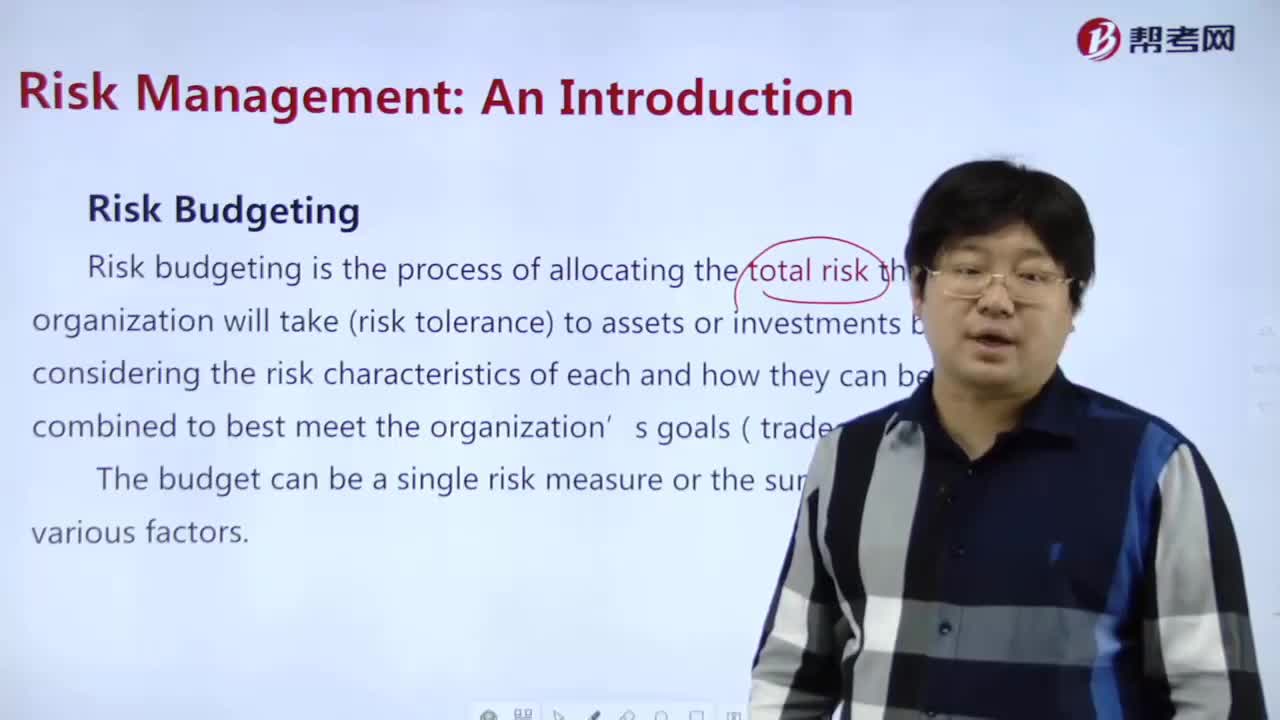 00:30
00:30What is risk budgeting?:What is risk budgeting?
 00:58
00:58What is a Planning?:What is a Planning?
 06:08
06:08What is the NPV profile?:What is the NPV profile?
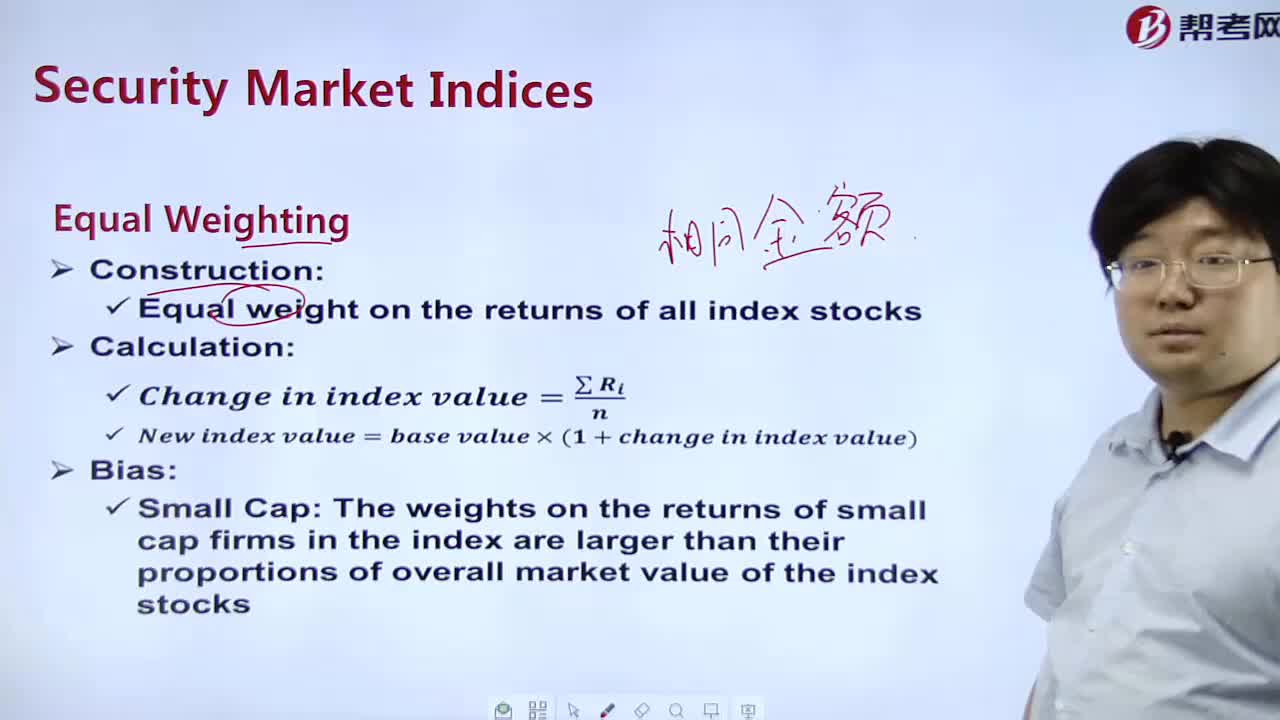 07:13
07:13What is equal weight?:What is equal weight?